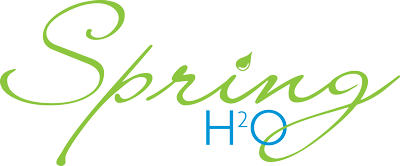Safe drinking water is water that is free from harmful contaminants, pollutants, and microorganisms that can cause illness. In most developed countries, tap water is generally safe to drink because it is treated and regulated to meet strict quality standards. Bottled water from reputable brands that adhere to safety regulations is also considered safe to drink.
Here are some options for safe drinking water:
Tap Water: In countries with reliable water treatment systems, tap water is usually treated to remove contaminants and microorganisms. It's regularly tested to ensure it meets safety standards.
Bottled Water: Bottled water from established and reputable brands is typically subject to quality testing and regulations to ensure safety. Look for water that meets regulatory standards.
Filtered Water: Using water filters certified to remove specific contaminants can provide an additional layer of safety for tap water.
Boiled Water: Boiling water for at least one minute can effectively kill most harmful microorganisms and make it safe to drink.
Purified Water: Water that has undergone processes such as distillation, reverse osmosis, or deionization is considered purified and safe to drink.
Spring Water: Natural spring water that is sourced from clean environments can be safe to drink if it meets regulatory standards.
Regardless of the source, it's important to ensure that the water you're drinking is free from contaminants and meets safety standards. If you have specific concerns about the water quality in your area, you can contact your local water authority for information about water testing and treatment.
